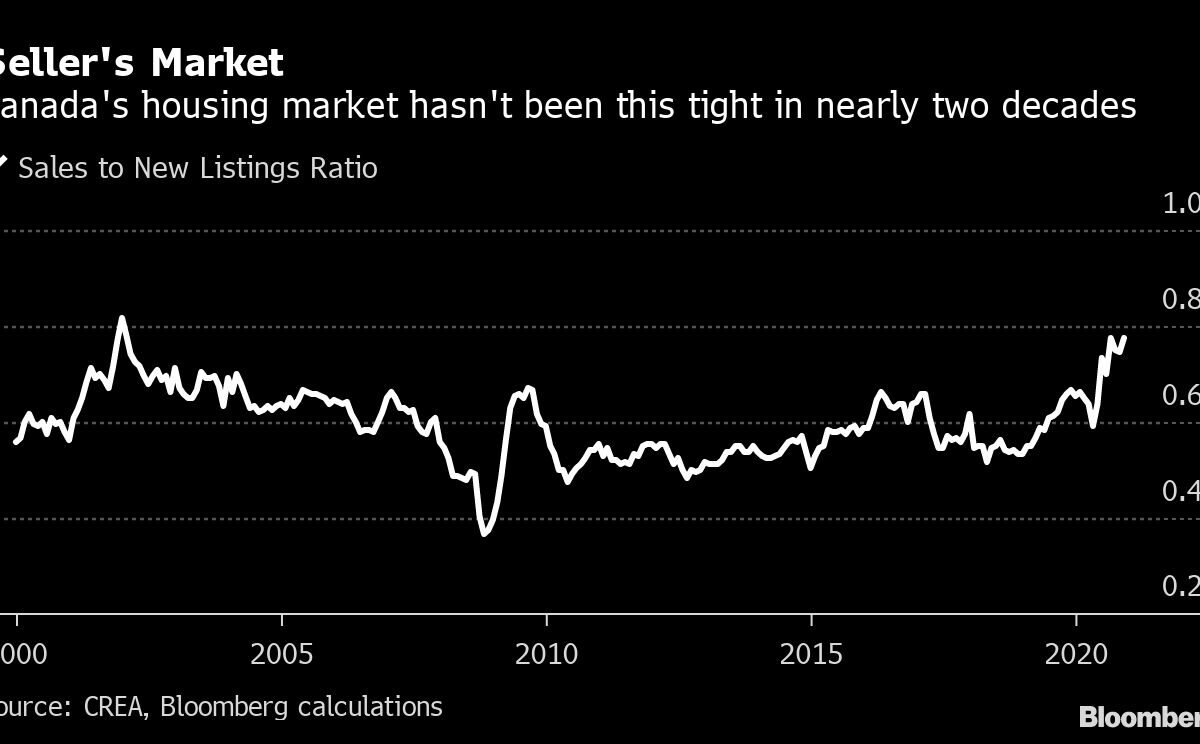There is nothing to worry about housing bubble in Canada, according to top bank honcho Tiff Macklem during an interview with Bloomberg News on Wednesday. Macklem said that the country is replete with stimulus amidst fear of possible low interest rates and the high demand for homes due to the country’s surge in housing market. He stressed the changes in work setup due to the pandemic through the so-called accommodative monetary policy, which is adopted to ease the likelihood of getting infected with the virus by acquiring more living space and the flexibility of working from home. These two things are the factors why the demand for single-family dwelling all over the country is overwhelming. Macklem explained that people do not need to work in a physical office, as they can be flexible by working in the comfort of their homes than what they used to do in the past because of the pandemic.
Market Boom in 2020 During the Outbreak of COVID-19
Despite the economic and labor market downturn in 2020 due to the pandemic, there was an unexpected demand and low supply that escalated the home prices all over the country, the highest so far in December. It was felt mostly in the countryside, several miles from large cities. There are a lot of reasons why some central bankers raised their concerns that they are encouraging low interest rate housing bubbles. Canadian policy makers came up into a decision to retain 0.25 percent overnight interest rates and reassessed their commitment to maintain low borrowing costs while the pandemic is not over yet, which could be impossible to happen until 2023.
Betting on Future Gains is Far from Truth
The Monetary Policy Report issued a statement that low financing costs could be an indicator that the continuing demand for single-family homes could outperform the housing supply in 2021. However, the central bank governor decries the possibility that the real estate market is misdirected, similar to what happened in 2017. At that time, the runaway prices in Toronto were alarmed for projected bubbles that prodded the officials to make drastic moves to cool off. Macklem has not seen any sign that things would get worse in the housing market that could raise alarm and this is a very different scenario in 2017. He pointed out the following factors:
- Home demands don’t focused on high end markets, but it is largest in scoop throughout the country.
- It is implied that the scenario is not propelled by speculative activity, but by basic demand.
- There is no truth about the possibility that people are buying properties because of extrapolative price expectations or investing for future price increase.
- There is no evidence that low interest rates result in the creation of financial system vulnerabilities that will lead to policy changes, although they are closely monitoring the current situation.
Macklem concluded that the bank may start worrying when people purchase houses in preparation of the future price surge, but they found out that this is far from the truth. What drives people to buy houses is they are more confined to their homes since the outbreak of coronavirus began. Despite this claim, they continue to keep an eye on this matter to prevent the damage due to unforeseen vulnerabilities.
